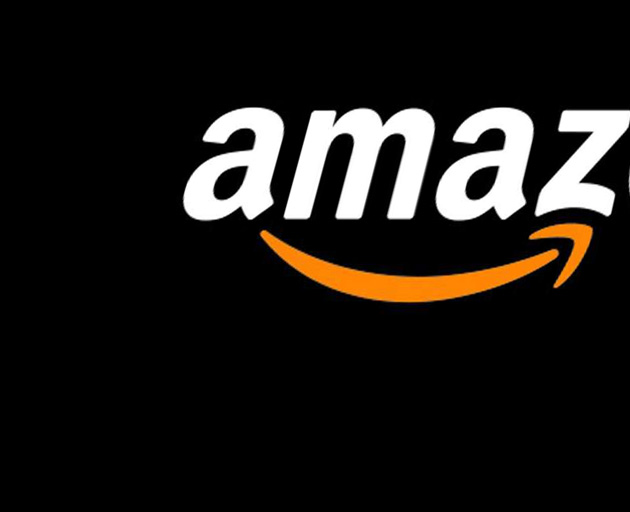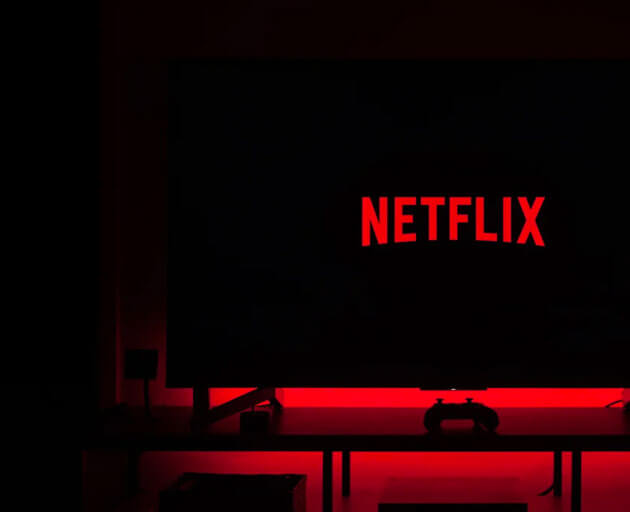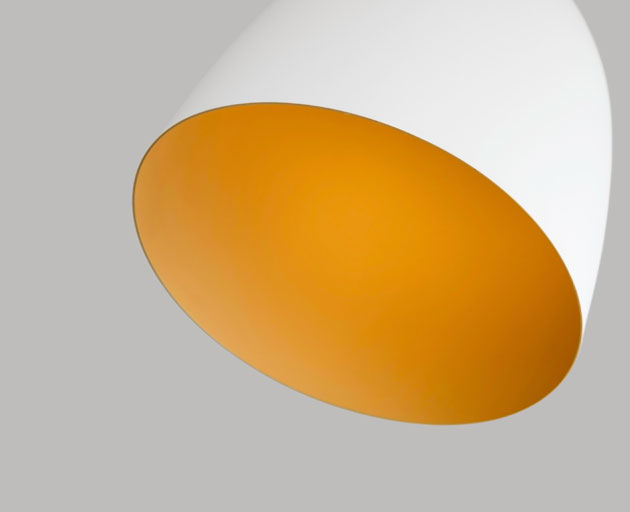Eli Lilly & Co. (Lilly) is a current holding within the US Growth portfolio, and this morning it announced its latest Q4 earnings report, with shares rising 5.5% in premarket trading before paring back gains to finish relatively modestly lower by -0.17%.
Lilly reported a strong end to 2023, with the company recording an earnings per share of $2.49 above analyst forecasts of $2.18, with a reported revenue of $9.35 billion, exceeding the market estimates of $8.96 billion.
Mounjaro, Lilly’s diabetes medication, overtook Trulicity to become the company’s best-selling medication. Sales of Trulicity, an older diabetes treatment, missed estimates of $1.74 billion, coming in at $1.67 billion, while Mounjaro’s revenue came in above analyst forecasts of $1.75 billion at $2.21 billion. Lilly’s new weight loss medication, Zepbound, was launched in early December and recorded fourth-quarter sales of $176 million, above estimates of $140.7 million, with analysts expecting it to generate $2.41 billion this year. While the company has attempted to increase production, it has stated that it expects to be outpaced by demand in 2024.
For the first quarter of 2024, Lilly projects sales between $40.4 billion to $41.6 billion and an earnings per share in the range of $12.20 to $12.70, with revenue outpacing analyst forecasts of $39.52 billion, while the midpoint of earnings per share is slightly below market estimates of 12.56. This optimistic forecast, however, is tempered by the reality of intermittent delays in fulfilling orders for some of its products, including Trulicity.
The Indianapolis-based company is attempting to scale up production to meet the increasing demand for its weight loss and diabetes medication, amidst intensifying competition from Novo Nordisk A/S. Novo Nordisk recently acquired three drug manufacturing plants for $11 billion, seeking to expand its drug production, with the company’s drugs directly competing with Lilly’s Zepbound and Mounjaro. In an attempt to stay competitive, Chief Financial Officer Anat Ashkenazi has told investors that Lilly is undertaking “the most ambitious expansion agenda” in the company’s history, with Lilly focusing on production to keep up the increasing demand.
This expansion strategy involves a $2.5 billion investment in a new plant in Germany dedicated to injectable drugs, along with an expansion of its research and development capabilities. However, Novo’s acquisition has caused concerns within Lilly, particularly as some of the acquired plants are involved in producing materials for Lilly, with Ashkenazi intending to hold Catalent to their contract to ensure supply for medicine remains uninterrupted.
As a reminder, Lilly’s inclusion in the US Growth portfolio is based on the momentum component of the portfolio, and its inclusion will depend on how the stock trades between now and the next rebalance date of March 1st, 2024.






